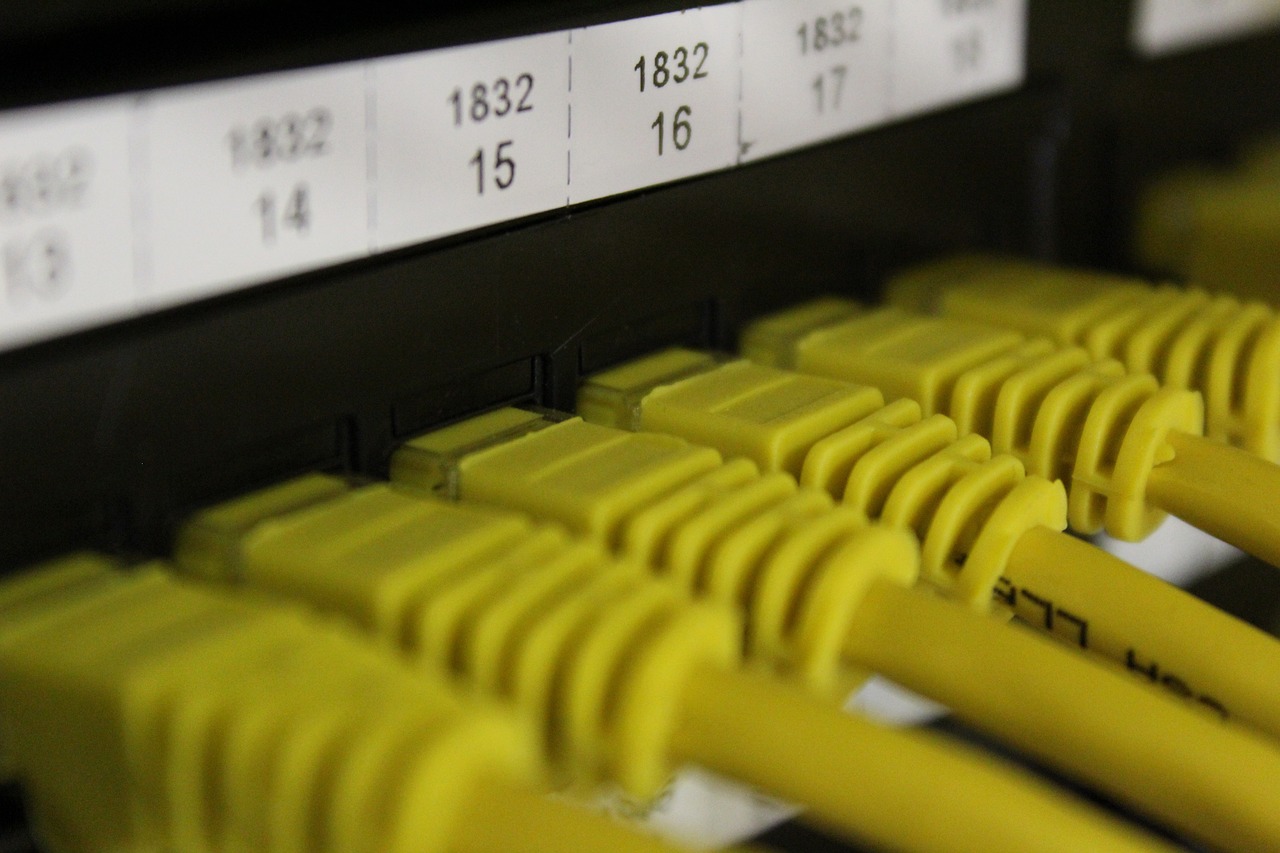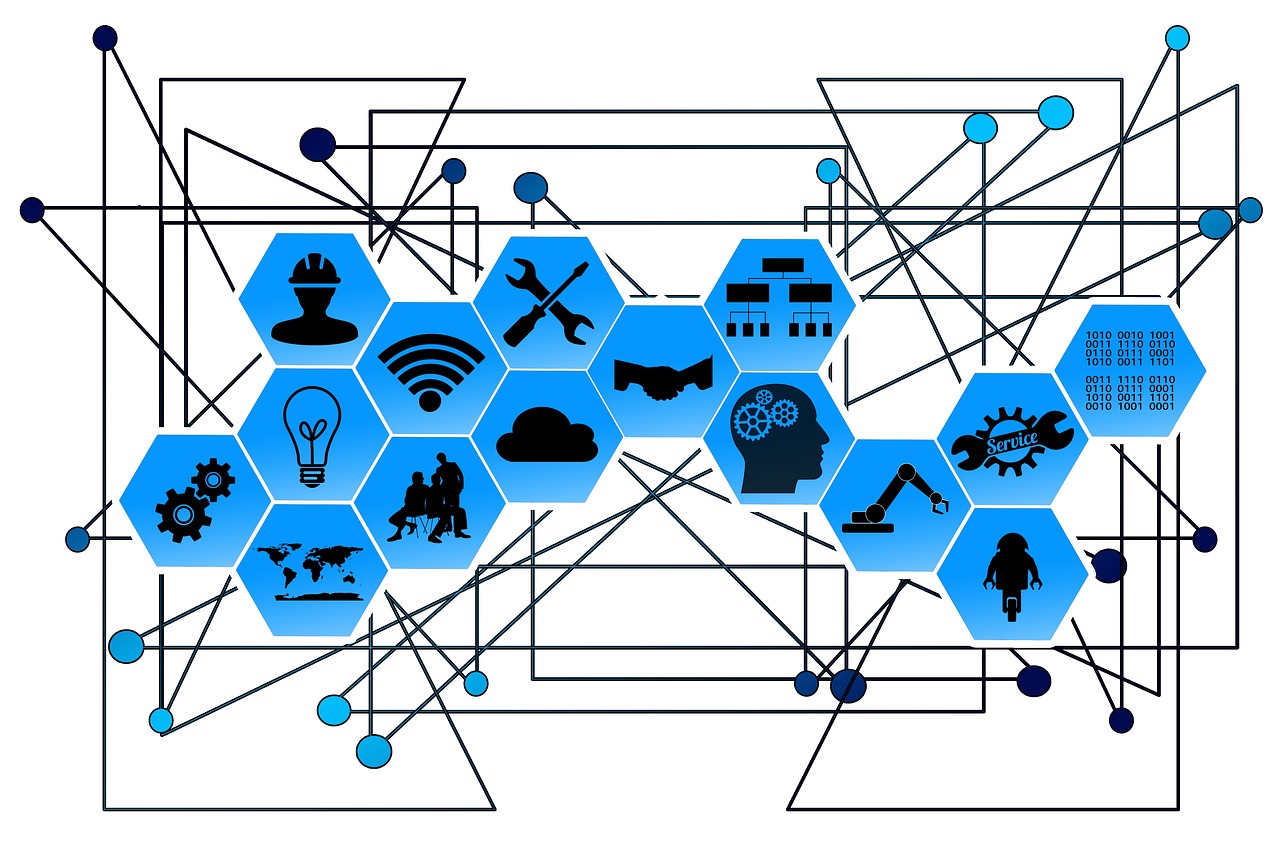
In today’s rapidly evolving world, Artificial Intelligence (AI) is no longer just a futuristic concept but a driving force reshaping the way industries operate and transforming everyday life. From healthcare and finance to transportation and entertainment,.
AI is making significant strides, bringing unprecedented innovations and efficiency to every sector. In this article, we will explore how AI is revolutionizing various industries and what the future holds for this transformative technology.
What is Artificial Intelligence?
At its core, Artificial Intelligence refers to the simulation of human intelligence in machines that are programmed to think, learn, and solve problems. These systems use algorithms and data to recognize patterns, make decisions, and improve their performance over time without human intervention. AI technologies like machine learning, deep learning, and natural language processing are enabling machines to mimic human cognitive functions such as reasoning, perception, and problem-solving.

AI in Healthcare: Saving Lives and Enhancing Care
One of the most impactful applications of AI can be seen in the healthcare industry. AI-powered tools are transforming how doctors diagnose and treat patients, making healthcare more personalized and efficient.
- Early Diagnosis: AI algorithms can analyze medical imaging (X-rays, MRIs, CT scans) to detect diseases like cancer at much earlier stages than traditional methods. This leads to quicker treatments and higher survival rates.
- Personalized Medicine: AI systems can also analyze a patient’s genetic information, medical history, and lifestyle factors to recommend personalized treatments that are more effective.
- Robotics and Surgery: Robotic systems, powered by AI, are being used in surgeries to enhance precision, reduce human error, and speed up recovery times.
The result? Better outcomes, reduced costs, and greater access to high-quality care for patients worldwide.

AI in Finance: Streamlining Processes and Enhancing Security
In the financial sector, AI is revolutionizing how banks, investment firms, and insurers operate.
- Fraud Detection: AI can monitor financial transactions in real-time, flagging unusual activities that may indicate fraud. By analyzing transaction patterns and behaviors, AI systems can quickly identify potential risks and prevent financial losses.
- Algorithmic Trading: AI-driven algorithms analyze massive amounts of market data to identify trends, make trading decisions, and maximize returns on investments.
- These systems can react faster than human traders and are designed to learn and improve over time.
- Customer Service: AI chatbots are now commonplace in customer service, answering questions, processing transactions, and providing financial advice without the need for human intervention. This improves efficiency while reducing costs for financial institutions.
AI is making the financial world faster, more secure, and more customer-friendly.

AI in Transportation: Driving the Future of Mobility
The transportation industry is undergoing a massive transformation, and AI is at the heart of it.
- Self-Driving Cars: Autonomous vehicles powered by AI are revolutionizing the way we travel. These vehicles use a combination of sensors, cameras, and machine learning algorithms to navigate the roads safely, without human input. Not only does this promise to reduce accidents caused by human error, but it could also lead to a future where traffic congestion and pollution are minimized.
- Smart Traffic Management: AI is being used to optimize traffic flow in cities by analyzing traffic patterns and adjusting traffic lights in real-time to reduce congestion and improve efficiency.
- Predictive Maintenance: AI systems can predict when vehicles or infrastructure need maintenance, helping prevent costly breakdowns and ensuring safer, more reliable transportation systems.
The potential for AI to make transportation smarter, safer, and more sustainable is enormous, and it is only just beginning.
AI in Manufacturing: Improving Efficiency and Innovation
In the manufacturing sector, AI is optimizing processes and driving innovation.
- Predictive Maintenance: By using AI to monitor machinery and production lines, manufacturers can predict when a machine is likely to fail, allowing for maintenance to be performed before a costly breakdown occurs.
- Supply Chain Optimization: AI can analyze vast amounts of data from across the supply chain to optimize inventory management, predict demand, and streamline logistics.
- Robotic Automation: AI-powered robots are being used in factories to perform repetitive and hazardous tasks, improving productivity and safety for workers.
These innovations not only enhance efficiency but also foster a new wave of smart factories, where automation and AI work in harmony to create better products at a lower cost.
AI in Entertainment: Changing How We Consume Content

AI is also having a major influence on the entertainment industry. From personalized recommendations to the creation of content, AI is transforming how we consume and create entertainment.
- Content Personalization: Streaming platforms like Netflix and Spotify use AI algorithms to recommend movies, TV shows, and music based on users’ preferences, viewing habits, and even mood.
- AI in Gaming: In the gaming industry.
- AI is used to create more intelligent non-player characters (NPCs), improving player experience by making games more immersive and challenging.
- Film and Music Production: AI tools are also helping in the production process, from generating realistic CGI to composing original music.
In the future, AI could even help create fully AI-generated content, opening up new possibilities for creators and consumers alike.
AI and the Future of Work: Embracing Change
While AI promises incredible advancements, there is also concern about its impact on employment. Some jobs may be replaced by automation, but AI also creates new opportunities in areas like AI development, data science, and robotics.
- New Careers: As AI technology continues to grow, there will be an increasing demand for professionals skilled in AI, machine learning, and data analysis.
- Augmented Workforce: Rather than replacing humans, AI is more likely to augment human work. It can handle repetitive tasks, allowing employees to focus on more complex, creative, and strategic activities.
The key to thriving in an AI-driven future is continuous learning and adaptability.
Conclusion: Embracing the AI Revolution
Artificial Intelligence is not just a trend; it’s a revolution that is already reshaping the world as we know it. By improving efficiency, enhancing services, and creating new opportunities, AI is transforming industries across the board. However, it’s essential to ensure that as AI evolves, we also take steps to address ethical considerations, such as data privacy, security, and job displacement.
As AI continues to advance, its potential is limitless, and the future is brimming with possibilities. By embracing this technology and adapting to its changes, industries and individuals alike can thrive in an AI-driven world, ushering in a new era of innovation and growth.





